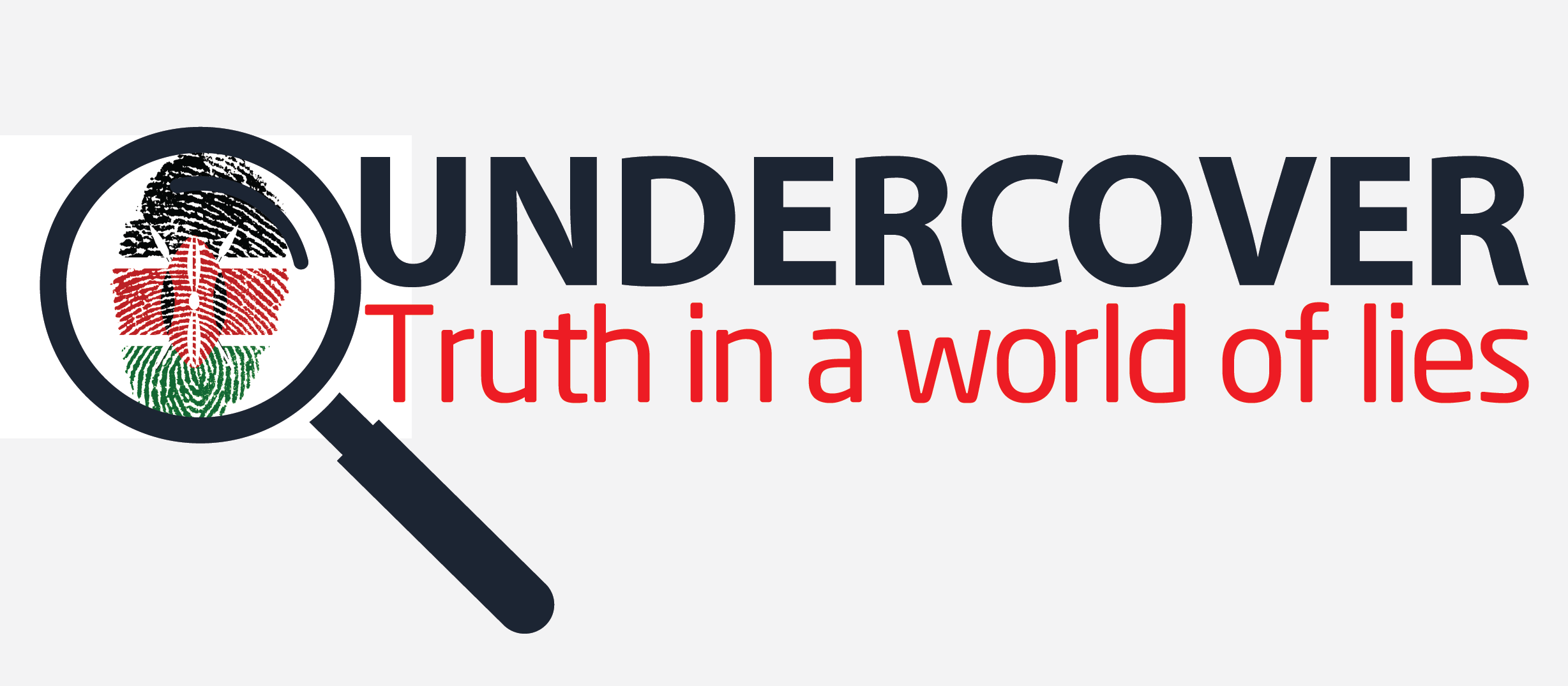The poor see themselves as the good children of light fighting evil forces of darkness
By Canon Francis Omondi
Adjunct lecturer, St. Paul’s University
Stifling the “hustler” vs “dynasty” debate will not save us from the imminent implosion resulting from Kenya’s obscene inequalities. While the debate is a welcome distraction from our frequent divisive tribal politics, leaders in government and society are frightened that it might lead to class wars. Our sustained subtle, yet brazen, war against the poor has made class conflict inevitable.
If only we had listened to JM Kariuki, the assassinated former Member of Parliament for Nyandarua North, and provided the poor with the means to develop themselves, perhaps the prospect of revolt would now be remote. Could this be the angry ghost of JM Kariuki coming back to haunt us?
What Deputy President William Ruto propounds in his hustler vs dynasty debate is a shrewd way of redefining Kenyan identity politics. Ruto is re-directing the political narrative from the “us” vs “them” of tribalism, to one characterized by the poor and desperate (hustlers) who have seen subsequent governments betray their hopes for a better life, pitted against “them”, Ruto’s rivals, the offspring of politicians born to unfair and unearned privilege.
Sons of a hereditary political elite who absorbed all the benefits that came with independence
Wycliffe Muga, the Star newspaper columnist, has eloquently described them as the “sons of a hereditary political elite who absorbed all the benefits that came with independence, leaving ‘the rest of us’ destitute and having no choice but to beg for the crumbs under their table.”
By opting for an alternative approach, Ruto hopes to avoid playing the tribal card to attain the presidency. For, besides his own, he would need the support of at least one other of the five big tribes who often reserve support for their own sons unless there is a brokered alliance.
But even then, the underlying logic of Kenyan politics remains that of identity politics, which creates a binary narrative of “us” against “them”. Meanwhile, Ruto has not only radicalized the poor, but he has also hastened the country’s hour of reckoning — judgment for the years of neglect of the poor — and this may ignite the tinder sooner than we imagine and triggered by the great socio-economic divide between the walala-hoi and the walala-hai in Kenya. As a result the poor are restless as they compare their state with the ease of the lives of the affluent.
In our case, the so-called Hustler Nation believes they are against the Deep-State which doesn’t care about them
But Ruto is not organizing to awaken class-consciousness among the exploited considering “the existence of class may portend class struggles, but it does not automatically trigger them” as Karl Marx reckoned besides “it is not enough that classes exist in themselves, they must also be for themselves.”
In our case, the so-called Hustler Nation believes they are against the Deep-State which doesn’t care about them but wants to give to the dynasty that which is due to them. They believe that this collusion between deep-state and dynasty is preventing them from reaching prosperity and so they blame their situation on those who they perceive to be the cause of their wretchedness.
Ruto — who is devoid of any pro-democracy and pro-suffering citizens political credentials — is perceived to be antagonizing the Kenyatta family’s political and financial interests
Interestingly, the colonial state always feared the day when the masses would rise up and topple it. Unfortunately, Ruto is using the crisis of the underclass created by the colonial state and perpetuated by the political class for political expediency and for his own self-advancement. By declaring himself the saviour of the hustlers from the dynasties, Ruto — who is devoid of any pro-democracy and pro-suffering citizens political credentials — is perceived to be antagonizing the Kenyatta family’s political and financial interests.
He has with precision stoked the anger of the poor against particular political elites he calls dynasties and the Odingas, the Kenyattas, the Mois and their associates have become the Hustler Nation’s enemy. So, one understands why President Uhuru Kenyatta considers Ruto’s dynasty vs hustler debate “a divisive and a major threat to the country’s security”, which he fears may degenerate into class warfare.
Paul Koinange should be addressing these inequalities that the masses are awakening to rather than combating the hustler narrative. Our government must be intentional in levelling the playing field, or live in perpetual fear like the British colonials who feared mass revolt across imaginary ethnic lines.
Editor’s note: This story is an
abridged version and first appeared in www.theelephant.info
as: ‘For JM’s Ten million beggars, the
hustler vs dynasty narrative is a red herring.’

